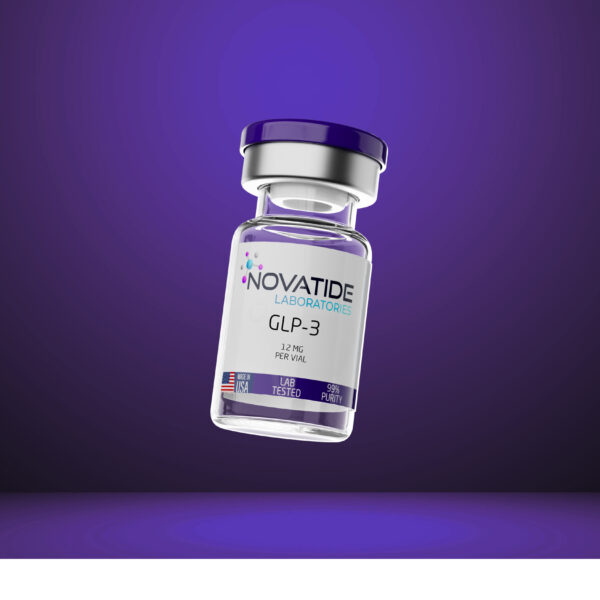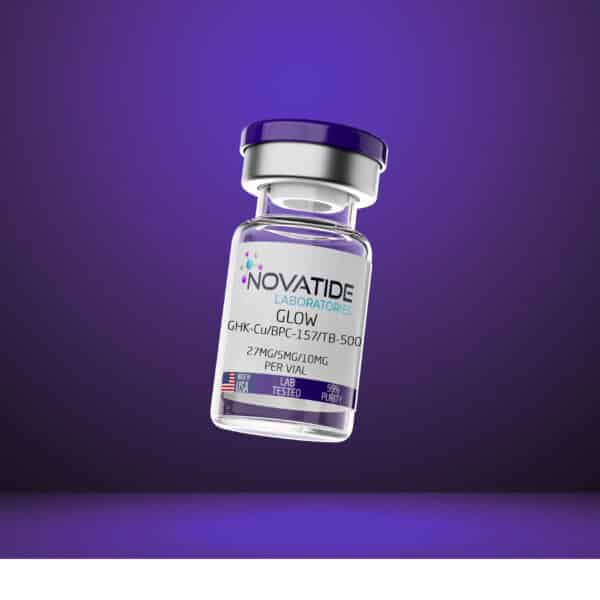SHOP BY NEED
SHOP BY PEPTIDE
Products are for research purposes only
SHOP BY NEED
SHOP BY PEPTIDE
RECENT POSTS
10% discount, use promo code: WDPILLS23


BPC-157, or Body Protection Compound-157, is a peptide composed of 15 amino acids, derived from a natural protein in human gastric juice. Research, particularly in animal studies, has shown it to be highly effective in accelerating the healing of various tissues such as muscles, tendons, ligaments, and skin. BPC-157 also has systemic benefits for the digestive system, helping to alleviate gastrointestinal issues and prevent ulcers. Additionally, it acts as a pain reliever and speeds up the healing of burns by improving blood flow to injured tissues. Its role in promoting collagen production, blood vessel growth, and supporting immune function makes it a promising therapeutic agent for wound healing.
Thymosin Beta-4 (TB-500) is a biologically active peptide comprising 43 amino acids. Research on TB-500 has revealed its impressive impact on various physiological functions in animal models. This peptide plays a vital role in promoting angiogenesis (the formation of new blood vessels), facilitating wound healing, reducing inflammation, and protecting against oxidative damage, particularly in the heart and central nervous system. Its involvement in the protection, repair, regeneration, and remodeling of damaged tissues has positioned TB-500 as a key focus in studies related to tissue healing and regeneration.
As a synthetic derivative of the naturally occurring thymosin beta-4, TB-500 mirrors the same amino acid sequence and has attracted interest for its effects on actin protein dynamics, cellular migration, and wound healing. Both in vivo and in vitro studies have shown that TB-500 can enhance blood vessel formation, speed up wound healing, diminish inflammation, and boost extracellular matrix production. Ongoing research is delving into TB-500’s therapeutic potential in areas such as reducing oxidative stress in spinal cord injuries, aiding recovery following heart attacks, and exploring its diverse anti-aging properties.
This peptide is synthesized from naturally occurring thymosin beta-4, which is present in mammalian cells. The synthetic form, TB-500, is recognized for its therapeutic potential in enhancing wound healing, reducing inflammation, and regulating various physiological processes tied to tissue repair and regeneration.
PRODUCTS ARE FOR RESEARCH PURPOSES ONLY
$119.00
This product remains in its original powdered state without being reconstituted.
BPC-157, or Body Protection Compound-157, is a peptide composed of 15 amino acids, derived from a natural protein in human gastric juice. Research, particularly in animal studies, has shown it to be highly effective in accelerating the healing of various tissues such as muscles, tendons, ligaments, and skin. BPC-157 also has systemic benefits for the digestive system, helping to alleviate gastrointestinal issues and prevent ulcers. Additionally, it acts as a pain reliever and speeds up the healing of burns by improving blood flow to injured tissues. Its role in promoting collagen production, blood vessel growth, and supporting immune function makes it a promising therapeutic agent for wound healing.
Synthetic BPC-157 preserves these potent healing properties and has shown effectiveness in areas such as wound repair, gastrointestinal health, immune system support, and hormone regulation. The peptide’s broad impact on bodily recovery processes has sparked interest in medical research, with ongoing studies examining its potential for a wide range of conditions.
In summary, BPC-157 offers a range of healing benefits, from promoting tissue repair to supporting digestive and brain health, positioning it as a valuable tool for enhancing overall recovery and well-being.
Thymosin Beta-4 (TB-500) is a biologically active peptide comprising 43 amino acids. Research on TB-500 has revealed its impressive impact on various physiological functions in animal models. This peptide plays a vital role in promoting angiogenesis (the formation of new blood vessels), facilitating wound healing, reducing inflammation, and protecting against oxidative damage, particularly in the heart and central nervous system. Its involvement in the protection, repair, regeneration, and remodeling of damaged tissues has positioned TB-500 as a key focus in studies related to tissue healing and regeneration.
As a synthetic derivative of the naturally occurring thymosin beta-4, TB-500 mirrors the same amino acid sequence and has attracted interest for its effects on actin protein dynamics, cellular migration, and wound healing. Both in vivo and in vitro studies have shown that TB-500 can enhance blood vessel formation, speed up wound healing, diminish inflammation, and boost extracellular matrix production. Ongoing research is delving into TB-500’s therapeutic potential in areas such as reducing oxidative stress in spinal cord injuries, aiding recovery following heart attacks, and exploring its diverse anti-aging properties.
This peptide is synthesized from naturally occurring thymosin beta-4, which is present in mammalian cells. The synthetic form, TB-500, is recognized for its therapeutic potential in enhancing wound healing, reducing inflammation, and regulating various physiological processes tied to tissue repair and regeneration.
PRODUCTS ARE FOR RESEARCH PURPOSES ONLY
DISCLAIMER: All products on this site are for Research, Development use only. Products are Not for Human consumption of any kind. The statements made within this website have not been evaluated by the US Food and Drug Administration. The statements and the products of this company are not intended to diagnose, treat, cure or prevent any disease
